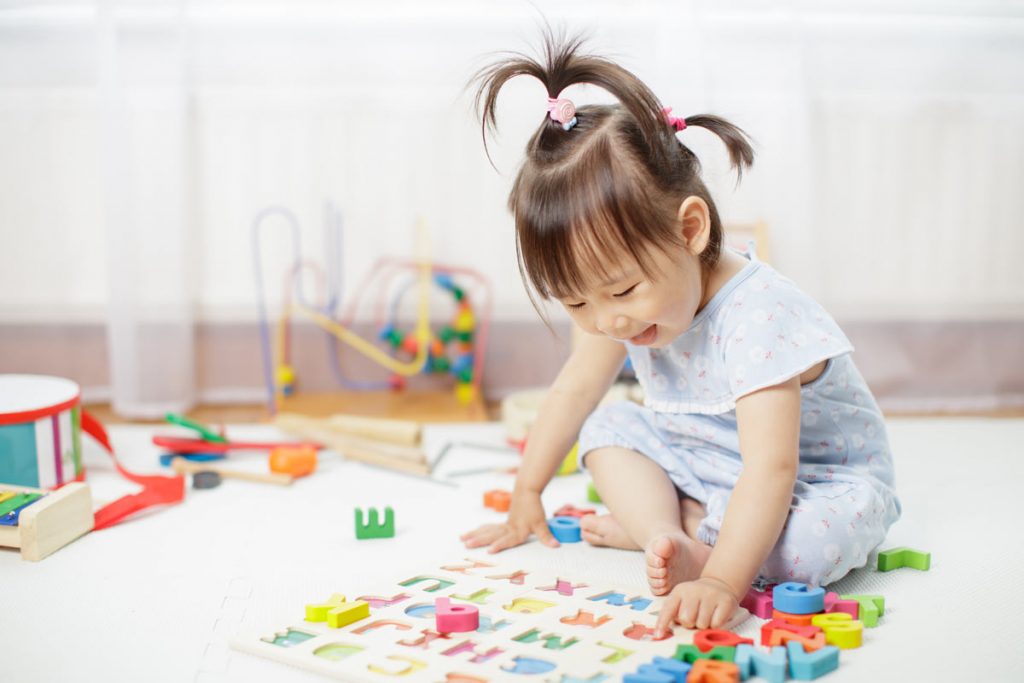3 Best Techniques to Nurture Preschoolers Emotional Intelligence
To nurture preschoolers’ emotional intelligence, focus on self-awareness, empathy, and emotional regulation. Encourage reflection through activities like journaling and deep breathing for self-awareness. Foster empathy with interactive games, role-playing, and acts of kindness to teach compassion. Help them manage emotions with techniques like mindful breathing, positive reinforcement, and creative expression in a supportive space. By implementing these strategies, you can lay a strong foundation for your preschooler’s emotional development and social interactions.
Key Takeaways
- Engage in mindfulness activities like deep breathing for emotional awareness.
- Use interactive role-playing scenarios to promote empathy and understanding.
- Encourage kindness through activities to develop compassion.
- Teach emotional regulation through recognizing and managing feelings effectively.
- Create a safe space for creative expression to support emotional development.
Developing Self-Awareness

To cultivate self-awareness in preschoolers, engage them in activities that encourage reflection on their thoughts and emotions. Incorporating mindfulness practices, such as deep breathing exercises or simple meditation techniques, can help young children become more in tune with their inner feelings and thoughts.
Encourage journaling activities where they can draw or write about their emotions, allowing them to express themselves freely.
Guided reflection sessions can also be beneficial. Take time to sit with the preschoolers and discuss how they’re feeling, prompting them to articulate their emotions and thoughts. These emotional check-ins can provide valuable insights into their developing self-awareness.
Teaching Empathy and Compassion

Engage preschoolers in interactive activities that foster empathy and compassion towards others, enhancing their emotional intelligence and social skills. Role playing scenarios can be a powerful tool to help children understand different perspectives and feelings. Encourage them to act out situations where they can practice being kind and understanding towards one another. By experiencing these scenarios firsthand, children can develop a deeper sense of empathy.
Creating kindness activities within the preschool environment can also reinforce these values. Whether it’s making cards for a friend, sharing toys, or working together on a group project, these activities can instill the importance of compassion in young children. Research has shown that engaging in acts of kindness can positively impact a child’s emotional development and relationships with others.
Through these intentional practices, preschoolers can learn to empathize with their peers, recognize emotions, and respond with compassion. By nurturing these qualities early on, children can build a strong foundation for healthy social interactions and emotional intelligence.
Encouraging Emotional Regulation

Encouraging young children to recognize and manage their emotions effectively is essential for their overall well-being and social development. One powerful technique to help preschoolers regulate their emotions is through mindful breathing. Teaching children to take deep breaths when they’re upset or overwhelmed can help them calm down and regain control of their feelings.
Additionally, offering positive reinforcement when they successfully navigate through challenging emotions can encourage them to continue practicing emotional regulation.
Another effective way to nurture emotional regulation in preschoolers is by providing opportunities for creative expression in a safe environment. Engaging in activities like drawing, storytelling, or role-playing allows children to express their emotions in a non-verbal way, fostering self-awareness and emotional understanding.
Creating a safe space where children feel comfortable sharing their feelings without judgment is essential in helping them develop healthy emotional regulation skills. By incorporating mindful breathing, positive reinforcement, creative expression, and a safe environment, you can support preschoolers in learning how to effectively manage their emotions.
Frequently Asked Questions
How Can I Help My Preschooler Build Resilience?
To help your preschooler build resilience, start by building trust through open communication and support. Encourage them to embrace challenges by providing a safe space to try new things and learn from setbacks.
Are There Strategies to Foster Social Awareness in Preschoolers?
To foster social awareness in preschoolers, engage in role-playing scenarios and collaborative projects. These activities help children understand emotions, perspectives, and cooperation. By actively participating in these experiences, kids develop essential social skills that last a lifetime.
What Role Do Routines Play in Emotional Intelligence Development?
Consistent routines provide stability, predictability, and security for preschoolers, playing an essential role in emotional intelligence development. By establishing daily rituals, you create a safe environment that fosters emotional regulation and social awareness.
Can Storytelling Be Effective in Nurturing Emotional Intelligence?
Storytelling can be effective in nurturing emotional intelligence for preschoolers. Role play scenarios and creative expression through stories help them understand emotions, develop empathy, and enhance social skills. Encourage this impactful practice in your daily interactions.
How Do Outdoor Activities Contribute to Emotional Intelligence Growth?
Exploring the outdoors and engaging in nature play can greatly enhance emotional intelligence growth in preschoolers. Outdoor activities promote empathy, problem-solving skills, and resilience, fostering a deeper understanding of emotions and social interactions.
Conclusion
To sum up, implementing techniques such as developing self-awareness, teaching empathy and compassion, and encouraging emotional regulation can greatly nurture preschoolers’ emotional intelligence.
By fostering these skills early on, children can better understand and manage their own emotions, as well as empathize with others.
Research shows that emotional intelligence plays a vital role in overall well-being and success later in life.
So, start incorporating these strategies into your interactions with preschoolers today to set them up for a bright future.

Hey there! 👋 I’m a proud mom and passionate writer, sharing my parenting journey. 📝 Join me as I navigate the ups and downs of motherhood, offering tips, advice, and a sprinkle of humor along the way. 🌟







